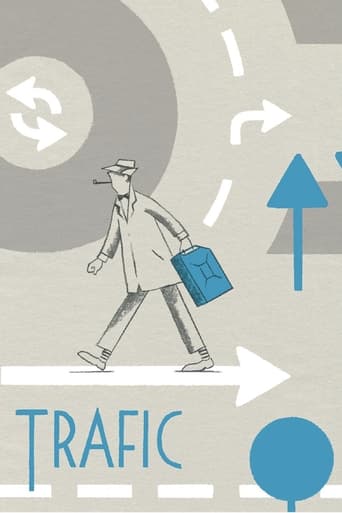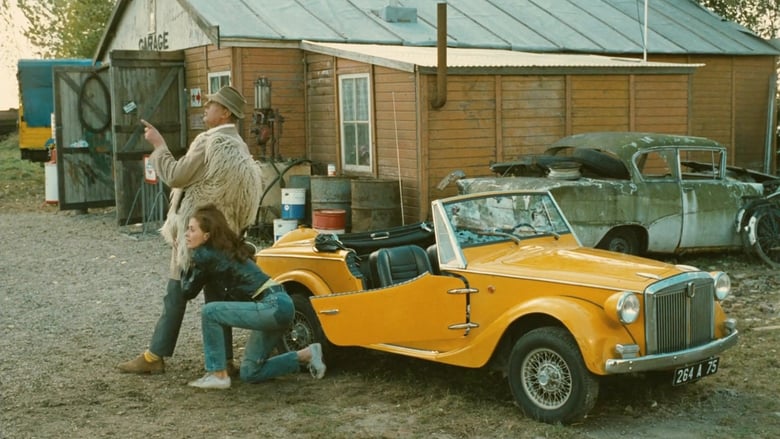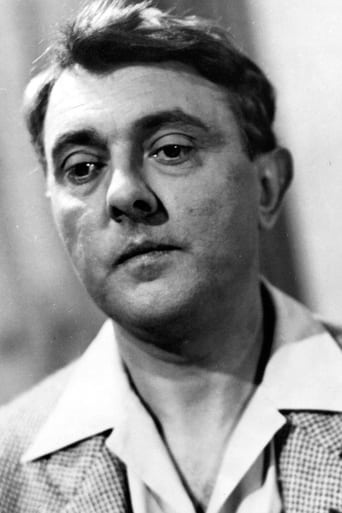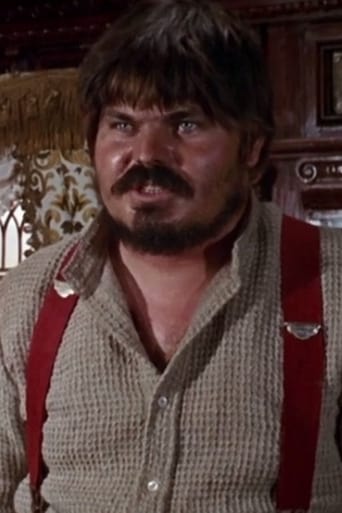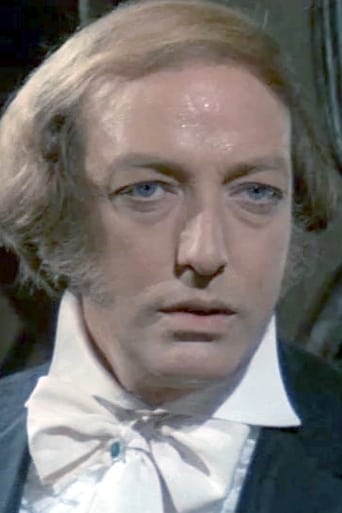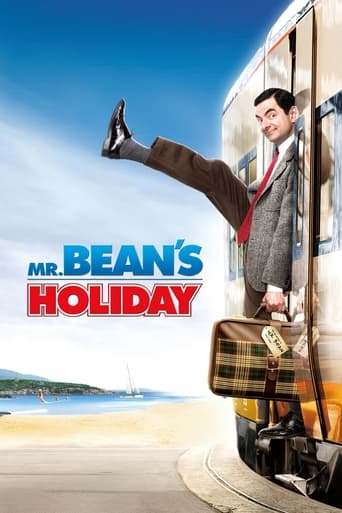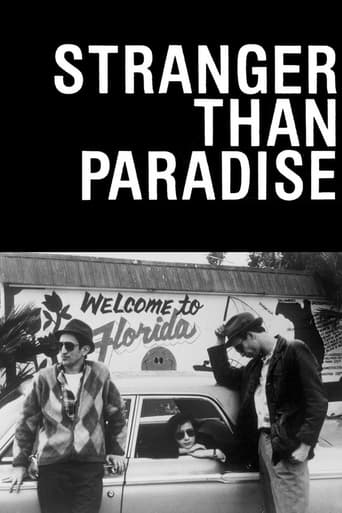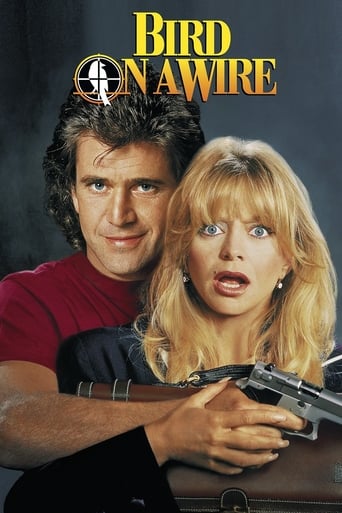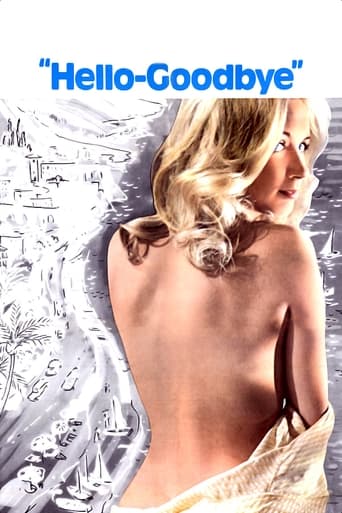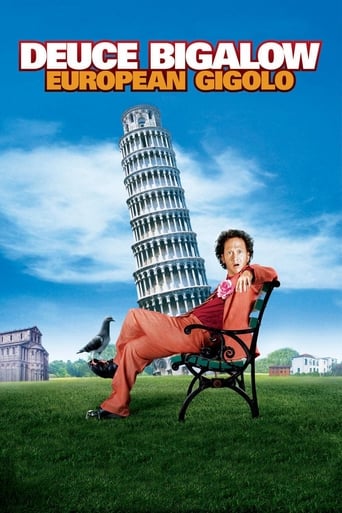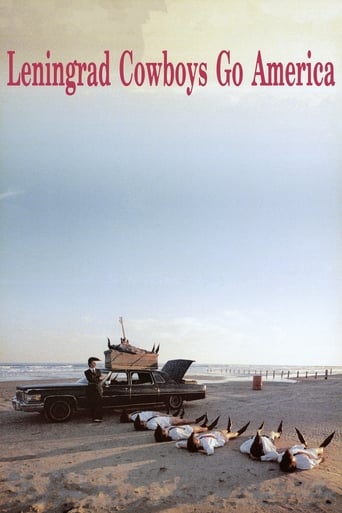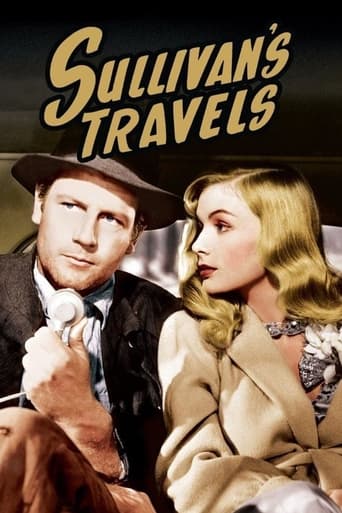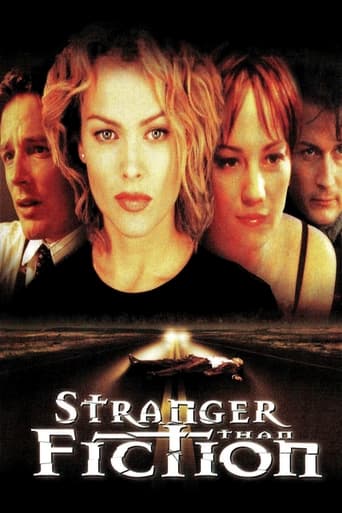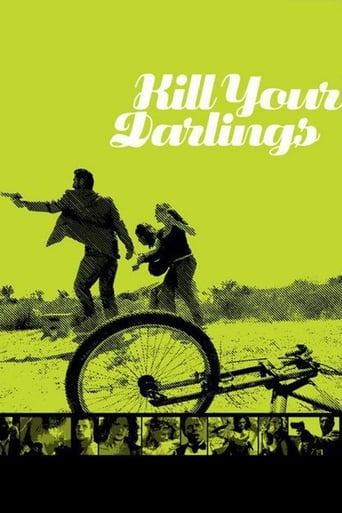Trafic (1972)
Mr. Hulot is the head designer of the Altra Automotive Co. His latest invention is a newfangled camper car loaded with outrageous extra features. Along with the company's manager and publicity model, Hulot sets out from Paris with the intention of debuting the car at the annual auto show in Amsterdam. The going isn't easy, however, and the group encounters an increasingly bizarre series of hurdles and setbacks en route.
Watch Trailer
Free Trial Channels
Cast


Similar titles
Reviews
Truly Dreadful Film
a film so unique, intoxicating and bizarre that it not only demands another viewing, but is also forgivable as a satirical comedy where the jokes eventually take the back seat.
While it doesn't offer any answers, it both thrills and makes you think.
Great example of an old-fashioned, pure-at-heart escapist event movie that doesn't pretend to be anything that it's not and has boat loads of fun being its own ludicrous self.
Trafic is about an auto-developer who makes the ultimate campervan and is taking it to an car show in Ansterdam. His promotions girl is going with him in a sports car, and she seems to be a very reckless individual, at one stage causing a huge motor accident. The inventor travels with the van, which has been stored in the back of a truck.Trafic is essentially a road movie, and is quite predictable as well. It is obvious from the beginning that they were not going to make the motor show - it just seemed to be that way. Also, parts of the film were confusing, especially the scene after the huge motor accident - I was not sure who was doing what and what was happening. The characters seemed to always be at a distance, and as such we never got to meet them. They were preoccupied with their own problems and seemed to shield themselves from the viewers. As such it was more like watching a group of people that we do not know going about their day to day lives, and at the end of the movie, we still don't feel that we know them.Still the humour is reasonable. This movie is not what can be termed as a "barrel of laughs", but it does have its moments at times. I guess it is a reasonable movie, and the fact that it is French gives it its extra marks.
Trafic certainly isn't the last film by Jacques Tati, but it sure is the last successful and well known one. Mostly because it is his last film with his standard character, Monsier Hulot. After Trafic Tati still directed the television Sweden-France co production Parade (1974) and started making the sports-documentary Forza Bastia, which his daughter, Sophie Tatischeff edited and finished in 2002. But I personally like to see Trafic as his last film, as his cinematic legacy.The plot of Trafic is very simple; Mr. Hulot, car driver and the PR girl have to take a new car to an exhibition in Amsterdam. They arrive few days late - the only actual exhibition is at the customs. The world of Jacques Tati is full of gags, he doesn't spend much time with his stories, but he writes his gags for years. And the pleasantly surprising thing is how the gags are made - they aren't taken too far, as they often are in comedies of today. Dozens of events happen at the same time, dozens of people get in these and by coincidence they come across with each other.The destruction of old core values and habitat have been common themes for Jacques Tati. But in Play Time (1967) and Trafic (1971) he goes far deeper in the mechanization of life. Play Time showed us the futuristic Paris cursed by globalization. It would be too superficial to see Play Time simply just as a satire of urban living and modern society. In Trafic we see that Tati doesn't build that big a difference between urban and rural living. People come across with same kind of situations, troubles and madness. I think Play Time is his highest achievement and it's so much more than just a satire about modern society. In Play Time's postmodern Paris and in Trafic's highway the individual finds the very same challenges.Trafic is basically a satire about mass industry - cars are built and built so long until the consumers are satisfied, which will never happen. This is the age people live their lives with avarice. Just as Mon oncle so is Trafic about consumer hysteria - the customs scene is a great example of this. The mechanization of life is the main theme in Play Time and in Trafic - in Trafic, once again, the customs scene is the greatest example of this, but it can be seen in just about every scene. For instance the randomness of relationships, which is a reflection of the twisted relation between work and the mechanization of life.
I enjoyed this film after I figured out that it was 'not' a comedy! This is static art, sort of, but more like mime, the kind of mime that is intended to make you laugh, in order to get your attention, in order to be what it actually wants to be, sentimental, cranky, entertaining without seeming to be willing to admit that the whole point is a cry to 'look at me', the same desire as is at the base of every film, but this film's intention is less well disguised, maybe intentionally, maybe the evident vulnerability is in fact the attractiveness of the piece.At some point I stopped following the dialog, and started 'watching' the movie, like a painting, one of those paintings on a curtain that keeps going on and on (what are they called? something 'dromes'). It may seem too explicit, the human hands mimicking the windshield wipers, et al, but if you can stop seeing the literalness, then there is something there, or at least there would have been in 1971, which I remember so well, driving the autobahn, tooling through the circles at 100 clicks, watching the colors go by.
Tati's final theatrical film, which is often considered his greatest failure, is in actuality nearly as good as his masterpieces. In this film, Tati stars for the fourth and final time as M. Hulot. This time he has a job as an automobile designer, and it is his job to get his company's new Camping Car to Amsterdam for a big auto show. Accompanying him is a driver, François, and a public relations worker, Maria (played marvelously by Maria Kimberly, who reminds us of the great lead actress roles played by Nathalie Pascaud and Barbara Denneck in M. Hulot's Holiday and Playtime respectively). Maria drives around in a little yellow convertible with her little fur-ball dog. Its fast and maneuverable. It can go pretty much anywhere it wants. Unfortunately, François and M. Hulot are driving a large truck. They often get into trouble when they're trying to follow Maria's car. Every problem that can happen does. Many observations are made about how people act when they're in their cars on the highway (it's a non-stop traffic jam from Paris to Amsterdam). The jokes in Traffic are always hilarious. The first fifteen or twenty minutes are somewhat dry of them, which is mainly why I don't rank this one up there with M. Hulot's Holiday, Mon Oncle, and Playtime (it's about even with Jour de fête). But when it gets going, it never stops. And it's beautiful, too, just as all of his other films. The final sequence is sublime, and the final shot will stay with me forever. 9/10.

